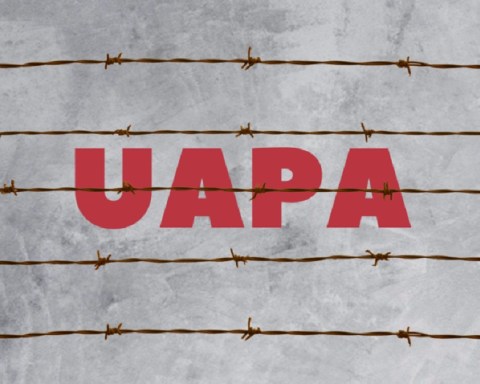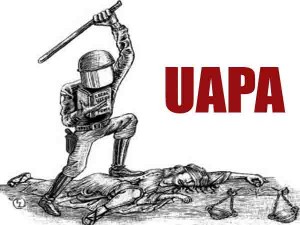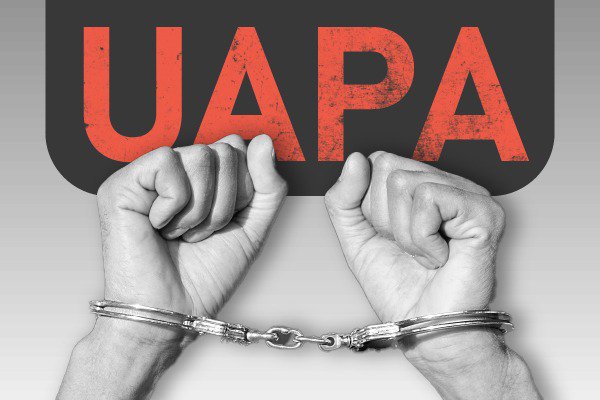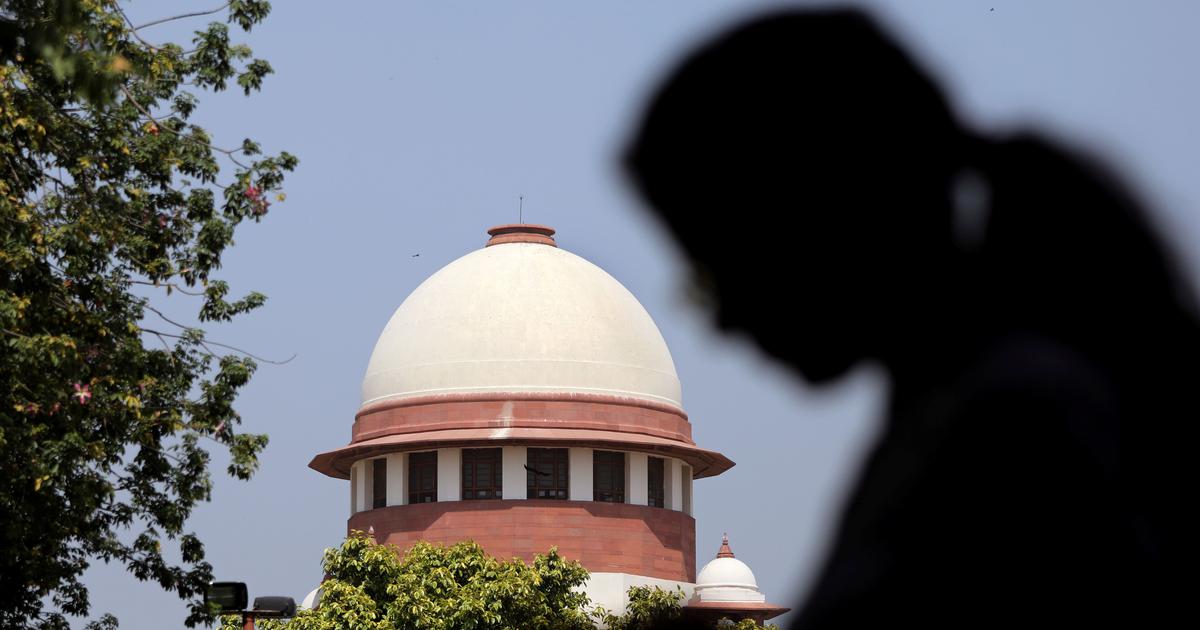The Central government’s “suo motu power” to transfer investigations away from state police was labelled as “a grave risk to federalism” in a study by the People’s Union for Civil Liberties.
The People’s Union for Civil Liberties (PUCL) has produced a paper titled “UAPA: Criminalising Dissent and State Terror,” highlighting the group’s issues with the law’s implementation from 2009 to the present and urging for its repeal.
 Source: Citizens for justice and peace
Source: Citizens for justice and peace
UAPA: India’s Most Misused Laws
The Unlawful Activities (Prevention) Act (UAPA), which was ostensibly enacted to combat terrorism, is now one of India’s most misused laws.
The problem stems from Section 43(D)(5) of this Act, which states that no accused person shall be released on bail if the court determines that “there are reasonable grounds for believing that the accusation against such person is prima facie true” after reviewing the case diary or a report made under Section 173 of the Code of Criminal Procedure.
 Source: Kractivist
Source: Kractivist
The analysis found that the per-case conviction rate under the UAPA was 27.57% compared to the per-case conviction rate under the Indian Penal Code (IPC), which was found in the yearly reports of the National Crime Records Bureau (NCRB) for 2015-2020. Only 2.8% of those arrested were ultimately found guilty, compared to 22.1% in IPC instances. There were 5,924 instances reported during the check period, resulting in 8,371 arrests.
UAPA: Section 43D(5)
Notwithstanding any provision of the Code to the contrary, no person accused of an offence punishable under Chapters IV and VI of this Act who is in custody shall be released on bail or on his own bond unless the Public Prosecutor has been given an opportunity to be heard on the application for such release: If the Court determines after reviewing the case diary or the report issued under section 173 of the Code that there are reasonable reasons for thinking that the charge against such person is prima facie true, then the accused person must not be released on bail or on his own bond.
Bail’s Crucial Role in UAPA
Each party of a case might argue that their side is more accurate in India’s adversarial criminal court system. Cross-examination is crucial to adversarial justice.
The judge’s role is to uncover the truth, or as near to it as possible. The best approach to do so is to see whose evidence survives the most severe cross-examination and seems more convincing.
Producing evidence and being cross-examined include witnesses, incriminating artifacts, handwriting or voice samples, and other features. Most criminal trials are founded on this.
India’s overloaded courts and archaic legal system make criminal cases take years.
Due to the amount of the record and the quantity of witnesses, high-profile trials might take years, even a decade or more.
Bail is crucial. If a person cannot secure bail, they will be detained in jail as an under-trial for the length of the case (in recent memory, there are cases of people being found innocent in terrorism cases after 14 and even 23 years in prison). Bail becomes the only safeguard for the right to liberty.
Why does Section 43D(5) play a negative effect on bail?
When determining bail, a court should weigh various factors. The accused’s flight risk, ability to tamper with evidence or influence witnesses, and criminal severity are all factors. UAPA 43(D)(5) is detrimental. In conventional criminal justice, both the prosecution and the defence are cross-examined.
Attorneys and academicians think Section 43(D)(5) overturns this assumption. Bail only considers prosecution evidence.
The court must refuse bail if the prosecution’s uncontested case diary or police report looks prima facie truthful.
 Source: Sabrang
Source: Sabrang
Section 43(D)(5) is absurd since it deprives people of their freedom for years based on one side’s unchallenged narrative. This is troubling in a democratic, rule-of-law nation.
Section 43(D)(5) makes UAPA bail impossible. Even odd or manufactured scenarios might seem convincing. Unless the police are careless, a case diary or report will include a “prima facie” case.
Conclusions of Vital Importance
 Source: Reuters
Source: Reuters
Delhi High Court breaks from many core criminal justice ideas, while others remain crucial.
The prosecution must always have the first burden of proving guilt, and criminal offenses must be tightly defined to prevent catching the innocent.
As the UAPA is created to deal with terrorist offences, its application must be confined to conduct that can fairly be considered “terrorism.“
“Terrorism” is not a loose phrase. For the UAPA to apply, the charge sheet must contain factual, individualised, and specific accusations tying the accused to a terrorist act.
Even if the police’s statements are correct, the court finds no allegations. The campaigners face demands for protests and chakka congestion (road blockages).
The activists have committed no overt or covert terrorism. Police conclusions or hypotheses don’t count while granting bail. Coupled with the importance of the freedom to protest and dissent under our constitution, the opinion maintains that even prima facie, a case under the UAPA has not been made, and consequently Section 43(D) is not applicable (5).
The Next Step – Moving Forward with the Judgement
The Delhi High Court’s judgement gives guidelines for balancing individual rights with anti-terrorism measures like UAPA.
A system where citizens may be put up for years based on police reports and case diaries and judges can’t release them on bail is not democratic.
The court’s rationale shows that a responsible judiciary plays a critical role within UAPA’s criteria.
By scrutinising each police case and giving a strict interpretation to severe legislation like the UAPA, the courts can protect citizens’ rights.












